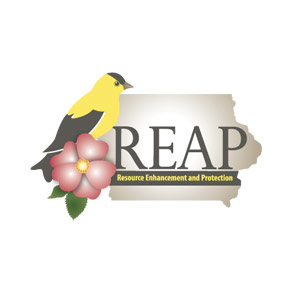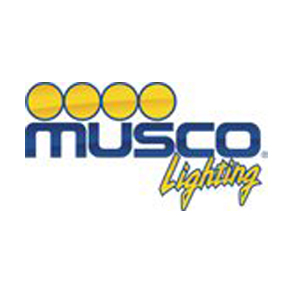Iowa Marine Fossils
This video shows marine fossils in standard landscaping rock at an Iowa truck stop.
Location
Center Point, IA
Driving Question
- Why are there ocean fossils in Iowa?
Probing Questions
- What must Iowa’s past have been like?
- How long ago was Iowa covered by oceans?
- How do we know the ages of these fossils?
Classroom Suggestions
Students could:
- Explore: Have students go outside and find some fossils in the landscaping rocks. Most of what they will find are corals. Have them come back inside and identify the fossils using a simple guide.
- Research: Have students research what Iowa was like during the time period in which the fossils were here. Have them look up the Devonian period and the Devonian Fossil Gorge in Coralville. Additionally, you could ask students why this town is named “Coralville”?
- Connect: This phenomenon can be used as a starting point for further study on plate tectonics. Here is an example activity on plate movement: United States Geological Survey: Pangea and Continental Drift Puzzle. This simulation is also very useful: PhET Interactive Simulations: Plate Tectonics
- Extend: Take students on a field trip to either the Devonian Fossil Gorge in Coralville or to the Natural History Museum at the University of Iowa in Iowa City. Additionally, try contacting a local quarry to get permission to look at the layers of fossils.
Resources
- PBS LearningMedia | Plate Tectonics: Lesson aimed at middle school but adaptable to high school.
- Earth Science Week | Geologic Age: Activity for determining the age of crustal rocks using a model of radioactive decay.
- Iowa PBS | Iowa Pathways: Iowa’s Geology: Excellent information on the Devonian Fossil Gorge and Iowa’s common fossils.
Iowa Core Alignment
HS-ESS1-5:Evaluate evidence of the past and current movements of continental and oceanic crust and the theory of plate tectonics to explain the ages of crustal rocks
Credit Info
Submitted by DeEtta Andersen.
Funding for Iowa Science Phenomena provided by:




